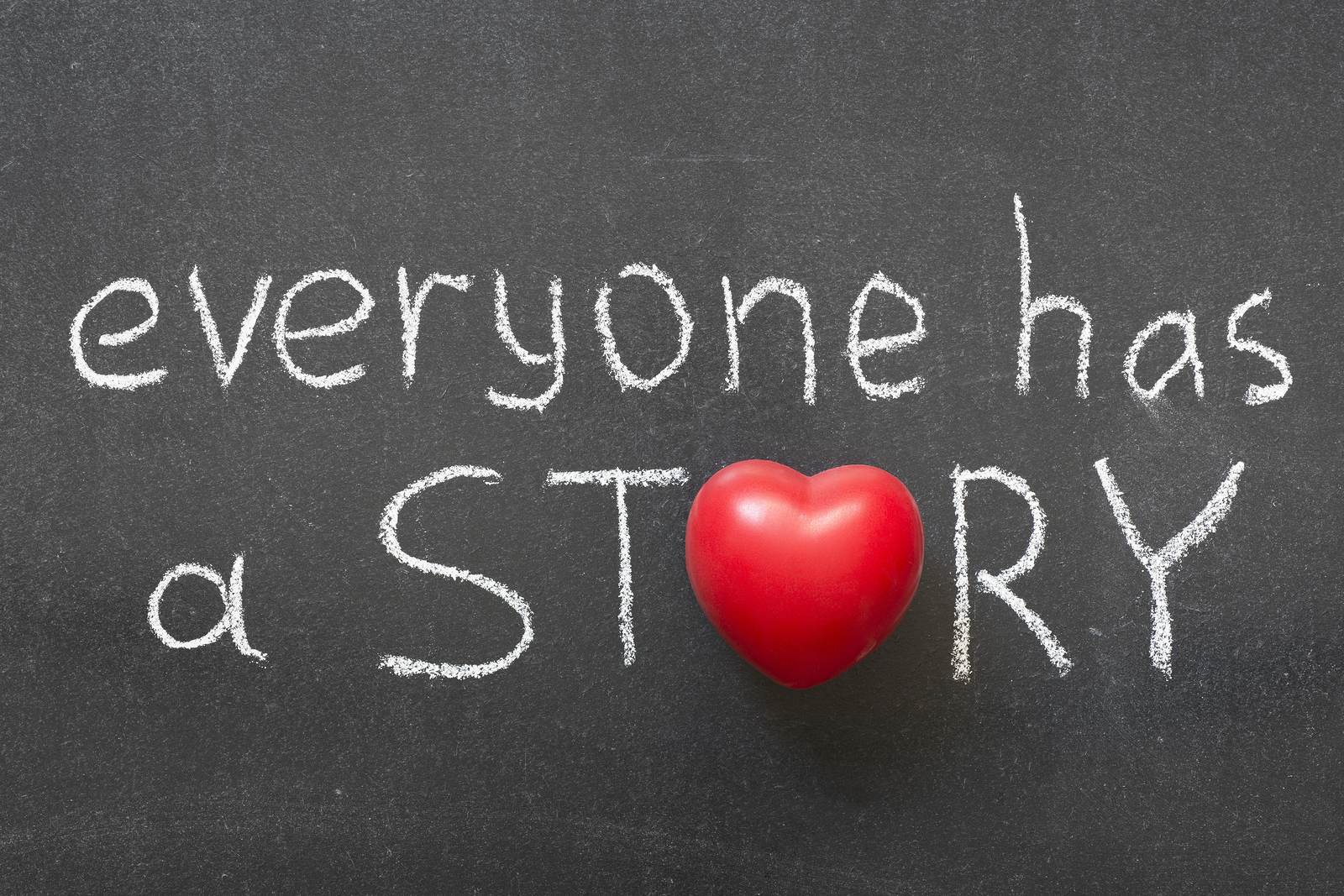

Stories give us the opportunity to experience narratives in our imagination as if they were real, and feel raw emotion even though the reality of our experience is only in listening to the story. Stories show us what we have in common with others, and we learn to engage with others in spite of our differences as we come to understand who they are and where we stand in this world. We learn about behaviors and consequences. It is through stories that we experience rich emotions and feelings of joy, sorrow, hardships, and failures. Stories help us understand our place in the world Stories are universal, conveying meaning and purpose that help us understand ourselves better and find commonality with others. Through stories, we share passions, fears, sadness, hardships, and joys, and we find common ground with other people so that we can connect and communicate with them. Stories provide a timeless link to ancient traditions, legends, myths, and archetypes.īut they also connect us to universal truths about ourselves and our world. Stories preserve culture and pass on cultural knowledge from one generation to another. These stories form the basis for how we think about the world and live our lives. Here are six reasons why stories have mattered and will continue to be essential to human existence.Įvery culture has stories to tell.

We inevitably interpret the meaning in stories and understand ourselves better.īut we now live in the fast-paced information age, where information, concepts, and ideas continuously bombard us from every direction. We engage with others through stories, and storytelling is a lot more than just a recitation of facts and events.Īs human beings, we are automatically drawn to stories because we see ourselves reflected in them. Stories are central to human cognition and communication. These stories have passed on through generations: some of them fill up history books, some are integral to culture, and some are embedded in family values.

Stories have been told since even before humans learned to read and write.Įveryday events became stories to tell children, scribes and priests told stories of religious affairs, and leaders told heroic tales of their adventures. That is how humans have communicated since the beginning of time -by telling stories. When you tell a story, you spark a connection.


 0 kommentar(er)
0 kommentar(er)
